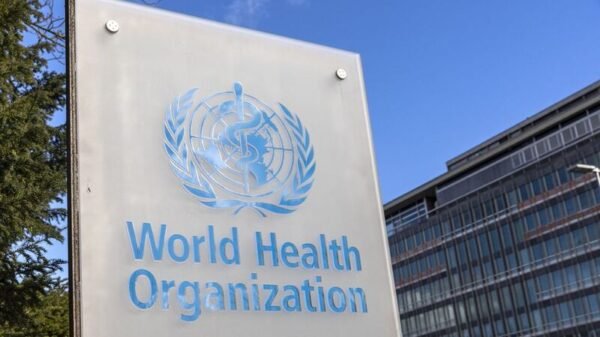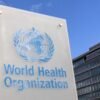According to a study conducted by World Health Organization (WHO) international experts, there is “strong evidence” that the HPV (human papillomavirus) vaccine can prevent cervical cancer, and that men and boys should also receive it.
Marc Brisson, one of the authors of the study and a professor at Canada’s Laval University, said: “Because of our finding, we believe the WHO call for action to eliminate cervical cancer may be possible in many countries if sufficient vaccination coverage can be achieved.”
It is a recommendation of the US Centers for Disease Control and Prevention that both genders receive this vaccine when they are 11 or 12 years old.
HPV is the most common STD (sexually transmitted disease) in the US, and several strains of it are linked to causing cervical cancer, the fourth most common cancer in women. Two types that cause the most cervical cancers, anogenital warts and precancerous cervical lesions, declined after the vaccine was administered to the population.
Melanie Drolet, a senior research associate at Laval University and another author of the study, said: “Our results provide strong evidence that HPV vaccination works to prevent cervical cancer in real-world settings as both HPV infections that cause most cervical cancers and precancerous cervical lesions are decreasing.”
Danielle Ompad, an associate professor of epidemiology at New York University, who was uninvolved in the study, said: “For me, I think [the study] represents a large population of people, 60 million individuals across these studies [analyzed], so I think they have compelling evidence this is an impactful vaccine.”
The study was funded by the WHO and grants from Fonds de recherche du Quebec-Sante and the Canadian Institutes of Health Research, and involved researches from 45 institutions across Europe, North America, and Australia.
Related: Health & Wellness Brands Exposition at the MBS Well-being Exchange & Summit, in New York City




































Comment Template